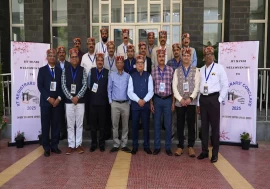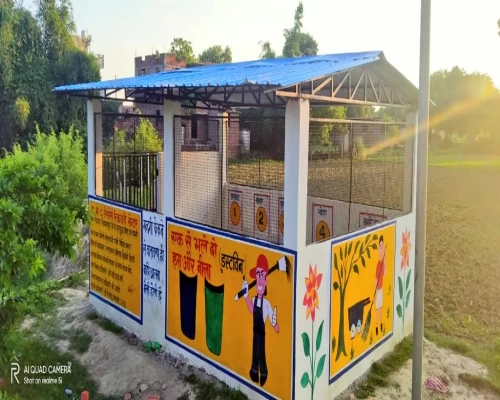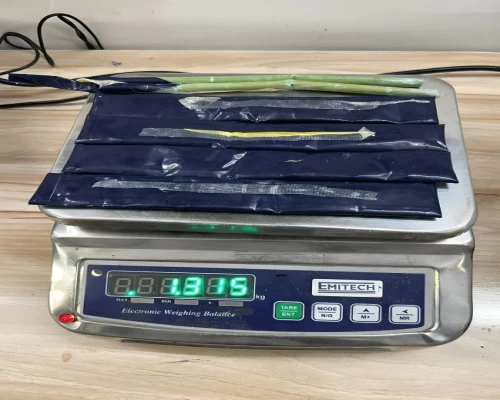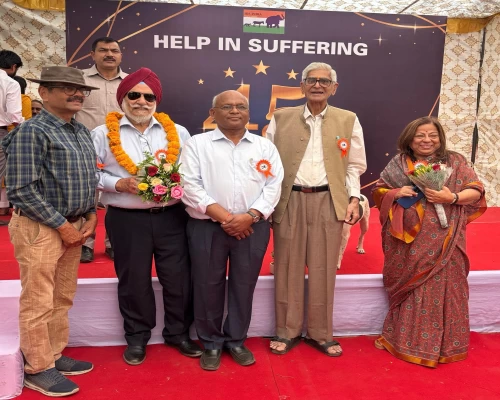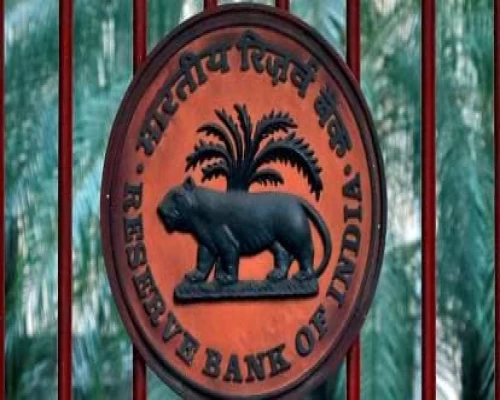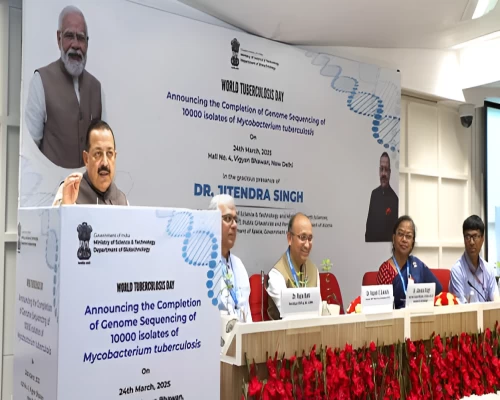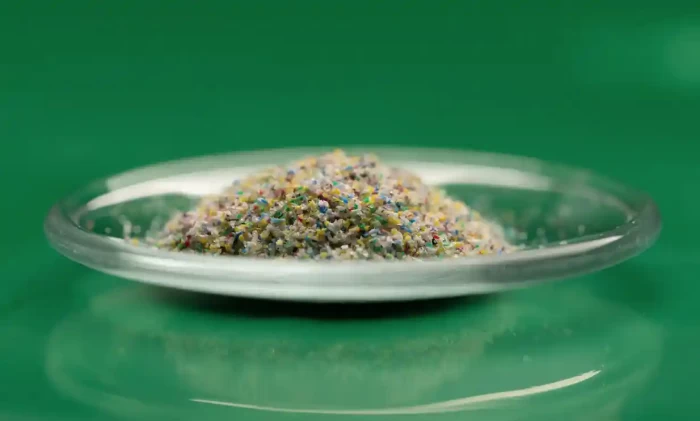
New Delhi: The Food Safety and Standards Authority of India (FSSAI) has initiated an innovative project aimed at tackling the growing concern of microplastic contamination in food. Launched on 18 August 2024 in New Delhi, the project, titled “Micro-and Nano-Plastics as Emerging Food Contaminants: Establishing Validated Methodologies and Understanding the Prevalence in Different Food Matrices,” began in March this year. It seeks to develop and validate analytical methods for detecting micro and nano-plastics in various food products, as well as assess their prevalence and exposure levels across India.
The project's primary objectives include creating standard protocols for micro/nano-plastic analysis, conducting both intra- and inter-laboratory comparisons, and generating critical data on microplastic exposure among Indian consumers. This study is being carried out in collaboration with leading research institutions such as the CSIR-Indian Institute of Toxicology Research (Lucknow), ICAR-Central Institute of Fisheries Technology (Kochi), and the Birla Institute of Technology and Science (Pilani).
A recent report by the Food and Agriculture Organization (FAO) highlighted the presence of microplastics in common food items like sugar and salt, underscoring the global prevalence of this issue. The report also stresses the need for more robust data to fully understand the implications for human health, particularly within the Indian context.
As the country's food safety regulator, FSSAI is committed to ensuring that Indian consumers have access to safe and healthy food. While global studies have pointed to the presence of microplastics in various foods, it is essential to generate reliable data specific to India. This project aims to determine the extent of microplastic contamination in Indian food and guide the development of effective regulations and safety standards to protect public health.
The findings from this project will not only inform regulatory actions in India but will also contribute to the global understanding of microplastic contamination, making Indian research a vital part of the international effort to combat this environmental challenge. /BI



